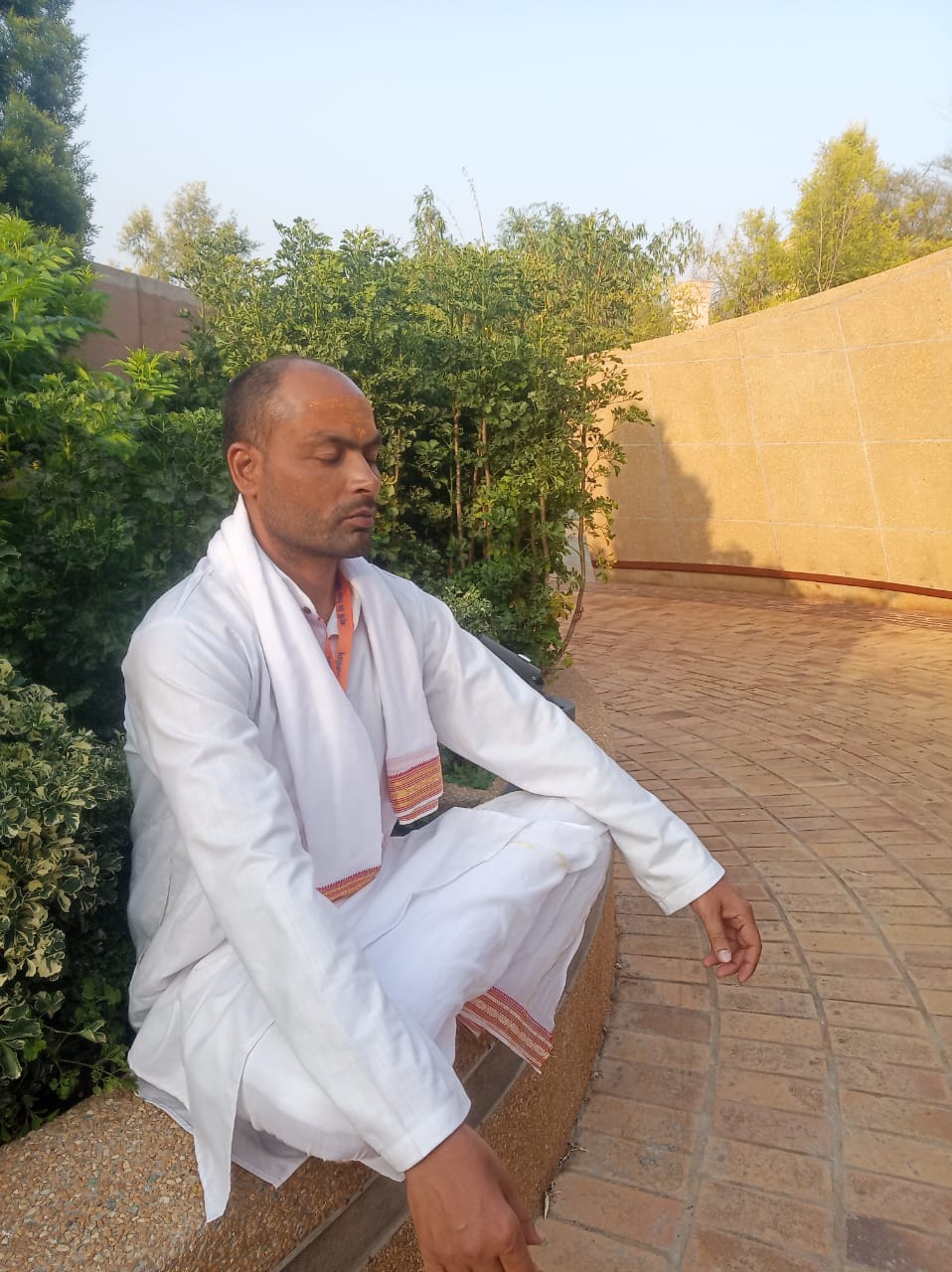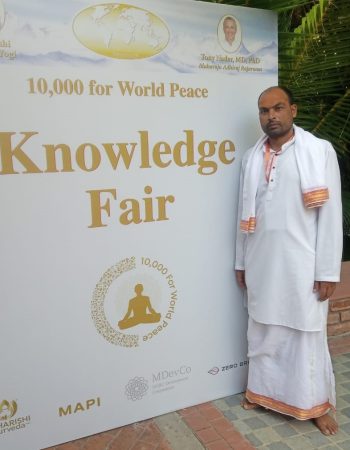
Know About Astrology
Astrology sees mankind as being not only influenced by hereditary factors and the environment, but also by the state of our solar system at the moment of birth. The planets are regarded as basic life-forces, the tools we live by as well as the basis of our very substance. These planetary forces take on different forms, depending on their zodiacal position and on the way they relate to one another.
The aspects formed between the planets describe these relationships, the positions of the planets in relation to the place of birth tell us of their expression in the spheres of life depicted by the astrological houses.
By interpreting the roles of these players (the planets) and their qualities (the elements, signs and houses) and creating a synthesis, astrology is able to present a complete and comprehensive picture of the person and his potential, based on the natal horoscop.
About Us
Hello, I’m Ashwini Tiwari, and I am passionate about guiding individuals through the profound and timeless wisdom of astrology. My journey into this ancient science has been driven by a deep-seated desire to help others find clarity, balance, and fulfillment in their lives. I specialize in a range of astrological and Vedic practices, including Home Pooja, Yagya Puja, Palmistry, Doshas Solutions, and Horoscope readings.
My approach combines the rich heritage of Vedic traditions with modern insights, creating a holistic framework to address life’s challenges. Whether you are seeking to understand the intricate details of your horoscope, looking for solutions to resolve doshas that may be affecting your well-being, or interested in exploring the fascinating insights offered by palmistry, I am here to offer personalized guidance tailored to your unique circumstances.
Home Pooja and Yagya Puja are integral parts of my practice, aimed at invoking positive energies and fostering spiritual growth. Through these rituals, I strive to create an environment that supports personal and spiritual development. Additionally, my expertise in Doshas Solutions provides practical remedies to mitigate the impact of various astrological doshas and bring harmony into your life.


Janam Kundali
“Unlock the secrets of your birth chart — personalised Janam Kundli analysis for a better tomorrow.”

Rudrabhishek
“Invoke Lord Shiva’s blessings through powerful Rudrabhishek rituals – for peace, protection, and prosperity.”

Maha Mritunjaya Jaap
“Harness the healing power of Maha Mrityunjaya Jaap – for health, longevity, and spiritual protection.”

Graha Dosha Solutions
“Balance your planetary energies – Effective remedies for Graha Dosha and life alignment.”
Bhagwat Katha
“Experience the divine essence of Shrimad Bhagwat Katha – A journey through devotion and wisdom.”

Palmistry
“Reveal what your palm says about your destiny – Accurate palm reading by experts.”

Transcendental Meditation
“Experience Deep Inner Peace with Transcendental Meditation for a Calmer, Clearer Mind”

Spiritual Tour Guide
“Embark on a Soulful Journey with Our Spiritual Tour Guide for Inner Awakening”
Contact Us
At Ashwini Astrology, we believe in providing authentic and personalized astrology and spiritual services to help you confidently navigate life’s challenges. Our approach is centered around understanding your unique needs and offering meaningful guidance.
To get started, please fill out the form on the right. We will respond promptly to address your questions and support you throughout your journey.
Alternatively, you may reach us directly by phone or connect with us via our social media channels. We are always here to assist you with professionalism and care.
Feel free to contact us anytime. We will get back to you as soon as possible, and we look forward to connecting with you.

